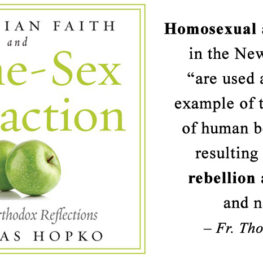FrontPageMag | Thomas A. Bowden | Apr. 3, 2008
As the Declaration of Independence recognizes, governments are created to protect our individual rights to life, liberty, and the pursuit of happiness. The right of self-defense is included and implied in the right to life. In forming a government, citizens delegate the task of defending themselves to the police. But to delegate is not to surrender. Each citizen retains the ultimate right to defend himself in emergencies when his appointed agents, the police, are not available to help.
But what constitutes an emergency? What acts of self-defense are permissible in such a situation? And what tools may private citizens own for emergency self-defense? The law’s task is to furnish objective answers to such questions, so that citizens may defend their lives without taking the law into their own hands.
An emergency, properly defined, arises from an objective threat of imminent bodily harm. The victim must summon police, if possible. An emergency ends when the threat ends, or as soon as police arrive and take charge. During that narrow emergency interval, a victim may defend himself, but only with the least degree of force necessary under the circumstances to repel his attacker. A victim who explodes in vengeance, using excessive force, exposes himself to criminal liability along with his assailant.
[…]
First, the robber hit Willie Lee Hill more than 50 times with a can of soda, knocking him unconscious. Later, the 93-year-old victim awakened, covered with blood, to find his 24-year-old assailant ransacking the bedroom. When Hill pulled out a .38-caliber handgun from near his bed, the robber lunged at him. Hill stopped his attacker with a single bullet to the throat. “I got what I deserved,” the robber told police afterward.
That episode happened in Arkansas last July, but similar acts of self-defense occur by the thousands all across America every year. Overwhelming historical evidence and common sense demonstrate that guns–often called the “great equalizer,” for obvious reasons–are a powerful method of self-defense in the precious minutes before police can arrive.
In the District of Columbia, however, citizens may not lawfully possess a handgun for self-defense, even in the home…at least, not yet. The Supreme Court has heard oral argument in D.C. v. Heller, which is expected to determine whether such a blanket ban violates the Second Amendment. But regardless of how the Court may interpret the Constitution, citizens deserve a legal right to own a handgun for self-defense.
. . . more



